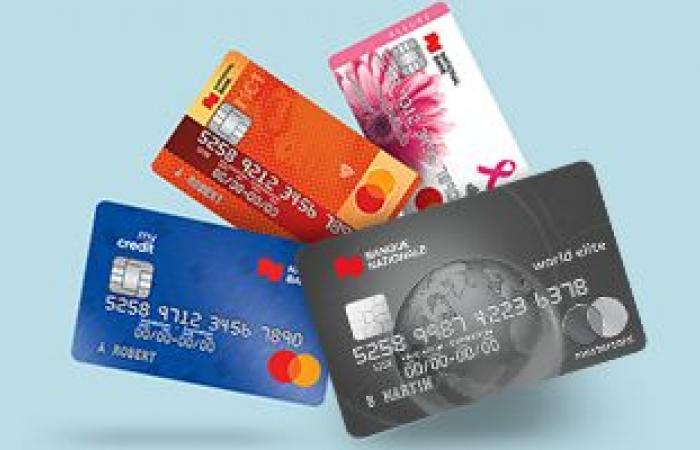The author is part of the Local Journalism Initiative
Since the pandemic, contactless transactions and online purchases have become widespread, making credit cards a preferred payment method for many consumers. This phenomenon is particularly encouraged by the discounts and rewards offered by credit cards. However, although this payment method has obvious advantages for users, it also involves significant costs for merchants and for society as a whole.
The hidden costs of paying by credit card
In fact, businesses face transaction fees averaging 1.4% for each credit card payment. These costs, although often ignored by consumers, can represent a significant financial burden for small businesses. Marie-Hélène Côté, co-owner of Potagers Mycobio, makes it a point to educate her customers about the impact of these fees on the viability of her business.
She also recommends the use of alternative payment methods such as Interac, debit, or even cash payment, which remain the least expensive options for local businesses.
The rise of big finance and big tech
The rise of credit card payments and paperless transactions is not only the result of consumer demand, but also the growing influence of two major forces: Big Finance and Big Tech.
Big finance: the influence of financial institutions
Financial institutions, such as Mastercard and Visa, have a vested interest in promoting the shift away from cash to digital payments. Indeed, cash represents direct competition for these entities. Furthermore, banks directly benefit from online transactions because they control digital payment infrastructures. Reducing logistics costs related to cash handling, such as transportation and maintenance of ATMs, is another significant benefit for these institutions.
Big tech: the end of physical interaction
For their part, Big Tech companies, such as Amazon, have built their business model on online commerce, where the use of cash is impossible. While these companies have not actively campaigned to eliminate cash payments, their very existence contributes to marginalizing this mode of transaction, thus participating in an ideology that gradually disqualifies cash.
The importance of preserving cash payment
However, despite the technological advancement and apparent convenience of digital payments, it is crucial to preserve the use of cash. Cash payment guarantees a number of fundamental freedoms, such as transaction confidentiality and financial inclusion.
Unlike digital and credit payments, cash transactions are anonymous, preventing systematic surveillance and collection of personal data by financial institutions and tech giants. Furthermore, in the event of a failure of the banking system or cybersecurity, cash remains a safe bet, protected from digital crises.
Finally, cash payment remains accessible to everyone, including people who do not have a bank account or a smartphone, thus promoting financial inclusion and support for local businesses.
Conclusion
In conclusion, although payment by credit card has established itself as the dominant mode of transaction, it is essential to remember the hidden costs and societal issues it generates. Big Finance and Big Tech play a major role in the gradual erosion of the use of cash, but protecting this payment method is crucial to preserve privacy, financial autonomy, and social inclusion. Cash, like Vélib’ for mobility, remains a public utility system to be defended.






